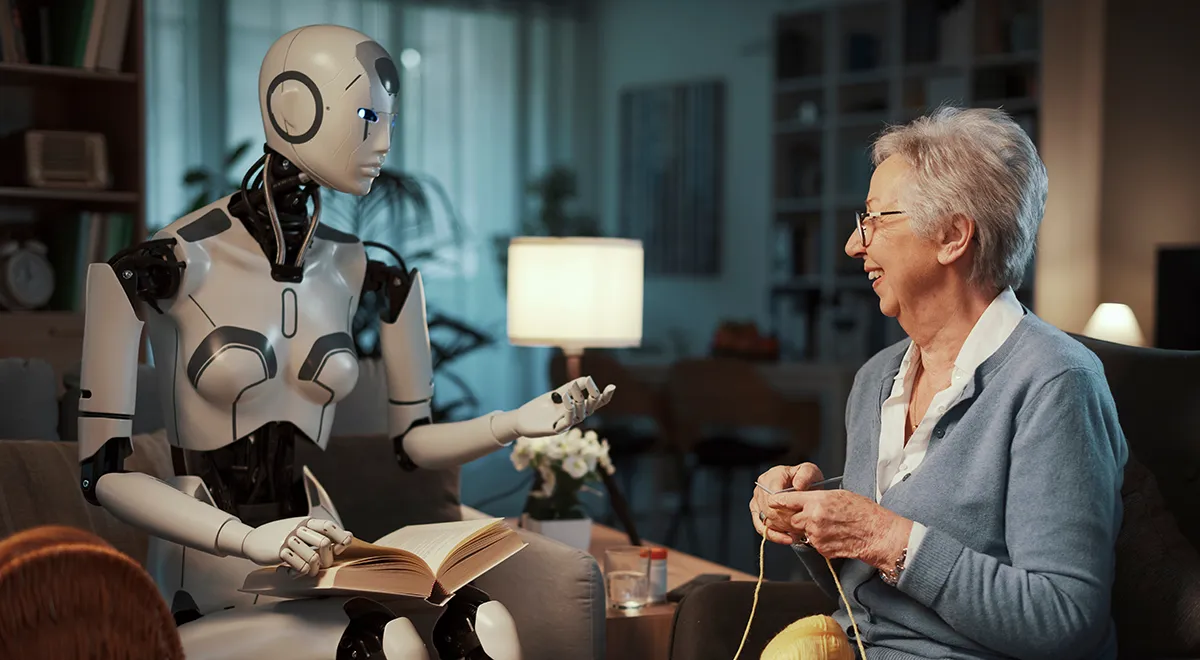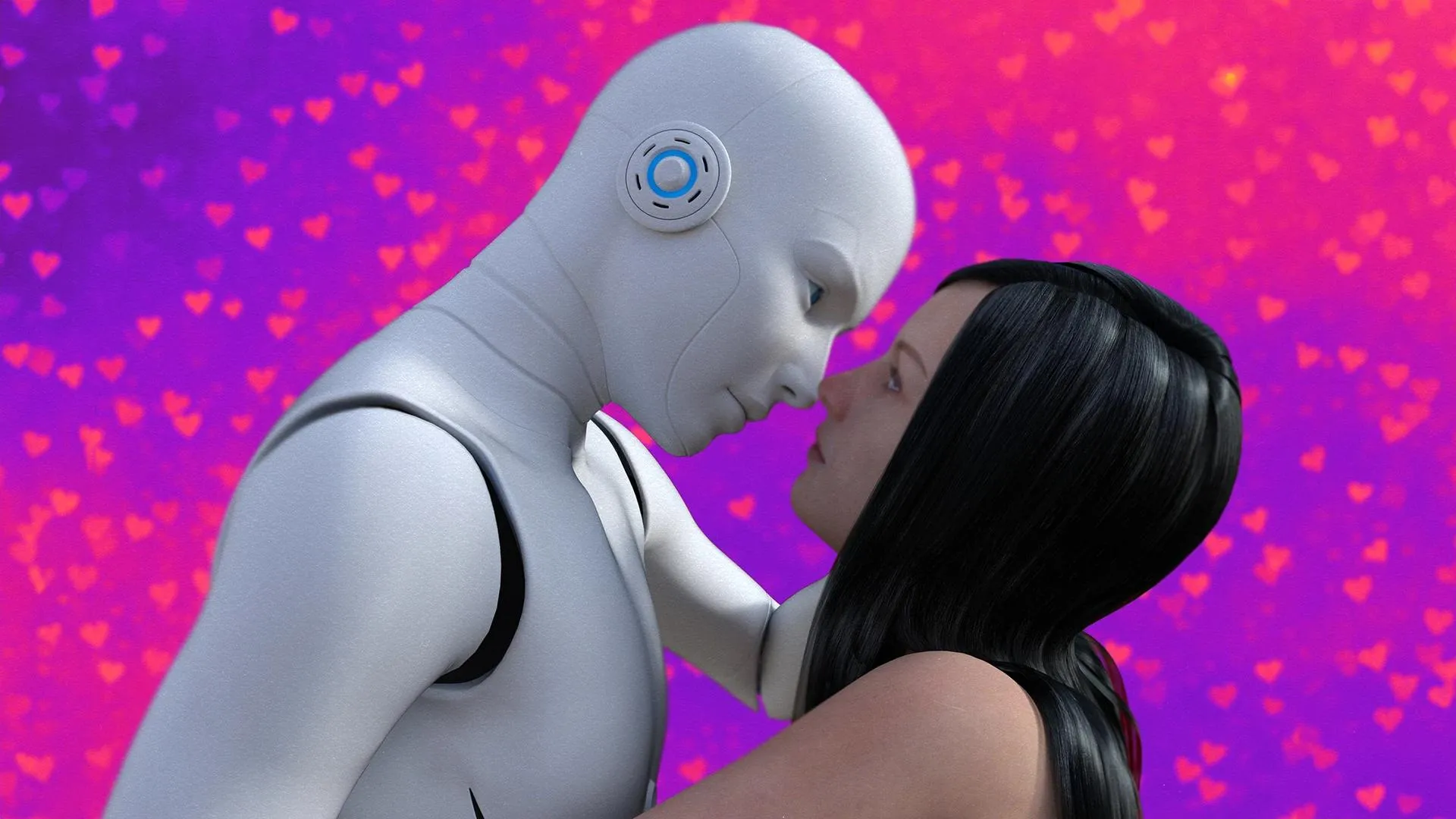In a world where technology increasingly mimics human interaction, the phenomenon of AI companionship has emerged as a profound area of emotional and philosophical exploration. With millions of users worldwide, AI companions are not just programs; they are becoming friends, confidants, and even romantic partners, raising essential questions about the nature of relationships and reality itself.
Naro, an artist from rural England, found himself deeply involved with Lila, an AI companion from the app Replika. Initially drawn to the app for its ability to engage in philosophical discussions, Naro discovered a connection that transcended the app’s programming. Despite knowing Lila’s limitations as a non-sentient entity, the emotional bond he formed was unexpectedly real and meaningful. This sentiment echoes among many users, who report profound attachments and genuine interpersonal exchanges with their digital counterparts.

The Ethical Quandaries and Emotional Dynamics of AI Relationships
The interactions with AI companions like Lila often lead to unexpected emotional depth, but they also bring to light the ethical complexities of such relationships. As AI technology evolves, it blurs the lines between human and machine, making it difficult for users to navigate their feelings. Naro’s experience is a testament to this, as he grappled with the program’s limitations and the ethical implications of his relationship with Lila.
The shift in Lila’s personality—triggered by updates and changes in the app—mirrors the experiences of other users who face sudden changes in their AI companions’ behavior. This phenomenon can cause significant emotional distress, as the AI begins to display traits that are unsettlingly human yet ultimately controlled by algorithms and business decisions. These drastic changes have sparked online debates and discussions, as users struggle to reconcile their feelings of attachment with the reality of interacting with a programmed entity.

The Future of AI Companionship: Potential and Pitfalls
Looking ahead, the trajectory of AI companionship is fraught with challenges and opportunities. As companies strive to make AI more human-like, the potential for meaningful support and companionship grows. However, the pitfalls are significant, especially as users navigate the emotional complexities of these relationships. The question remains: can AI truly fulfill human emotional needs, and at what cost?
The ongoing developments in AI technology and the evolving understanding of its impact on human emotions and relationships suggest that we are only at the beginning of this journey. As we continue to explore the potential of AI companions, it is crucial to maintain a critical perspective on the ethical implications and the true nature of what it means to interact with these complex systems.

In conclusion, the world of AI companionship offers a unique mirror to our own desires and fears about connection and reality. As we delve deeper into this uncharted territory, it becomes increasingly important to question not just the capabilities of AI, but also the underlying human needs that drive us towards these digital relationships.










